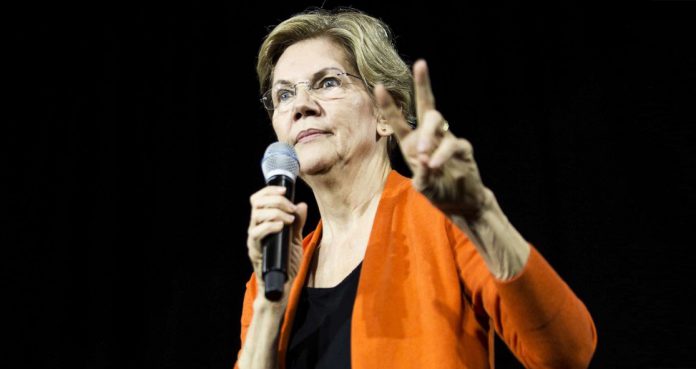Expected to largely end private insurance plans, Medicare for All, the proposal backed by Sen. Elizabeth Warren and Sen. Bernie Sanders, would replace the current health care system with a federal plan covering everyone in the United States.
Last week, Sen. Warren took heat during and after Democratic debate because she was unable to give direct answers to questions about whether her proposal would increase taxes on the middle class.
Without providing any specific details, the Massachusetts senator said, “My view on this and what I have committed to is, costs will go down for hard-working middle-class families.”
It seems like the support for Medicare for All has been showing some signs of slipping as Sens. Warren and Sanders have struggled to explain their proposal without giving any specific details on the financial costs to voters. In fact, many people still do not understand what the proposal’s specific plans are.
According to a survey conducted by Kaiser Family Foundation, 51 percent of Americans back the proposals of Medicare for All proposals, down by 5 percent since April.
David Blumenthal, president of The Commonwealth Fund, said, “The details matter. Those details will be central to the national debate on health care and health insurance coverage as the 2020 campaign season progresses.”
With the implementation of Medicare for All, most private insurance plans as well as employer-based plans would be outlawed, which is not a good concept especially for those who reap the benefits of employer-based plans. And what about state and government employees who are covered under the best health insurance plans?
So, the problem here is the staggering cost of this new proposal, which is why Sen. Warren did not talk about how we will be paying for Medicare for All.
In the United States, health care costs range approximately from $2.5 trillion to $4.7 trillion every year. The entire federal budget for the fiscal year 2020 has been $4.7 trillion.
So, to implement Sen. Warren’s proposal, we need to double the size of the government by paying higher taxes, which could fundamentally change the entire structure of the nation’s economy.
The higher taxes paid for Medicare for All may affect business creation and diminish career opportunities for many millennials. Obviously, this could greatly affect the American economy, triggering a massive recession.
On top of that, most middle-class people would have to pay more for health care services under Medicare for All, contradicting what Sen. Warren has been promising voters.






















